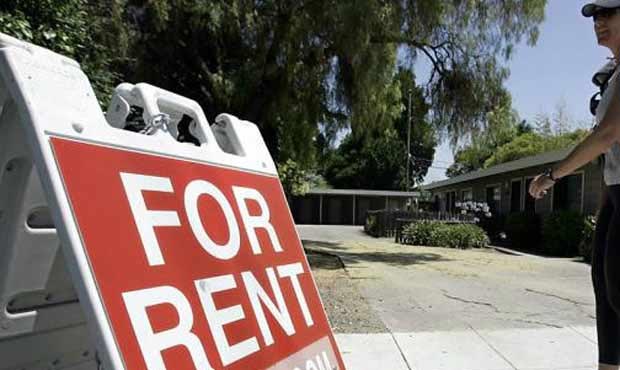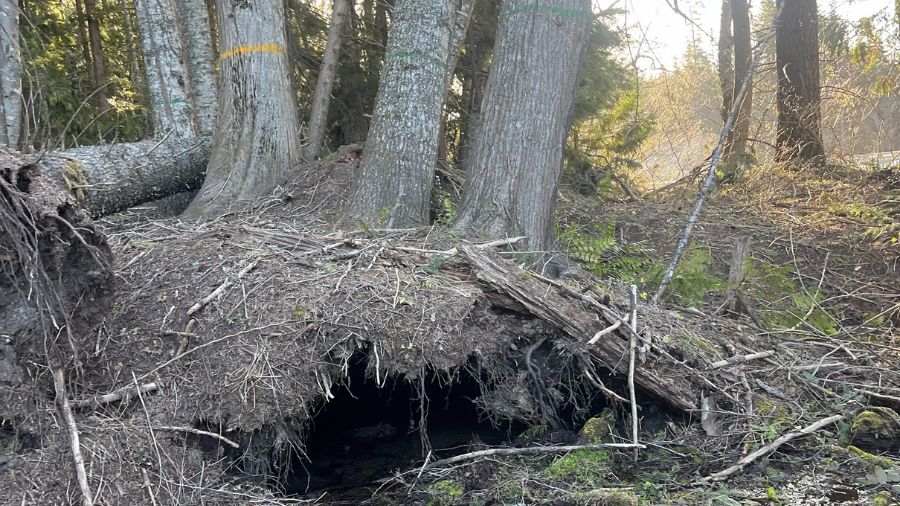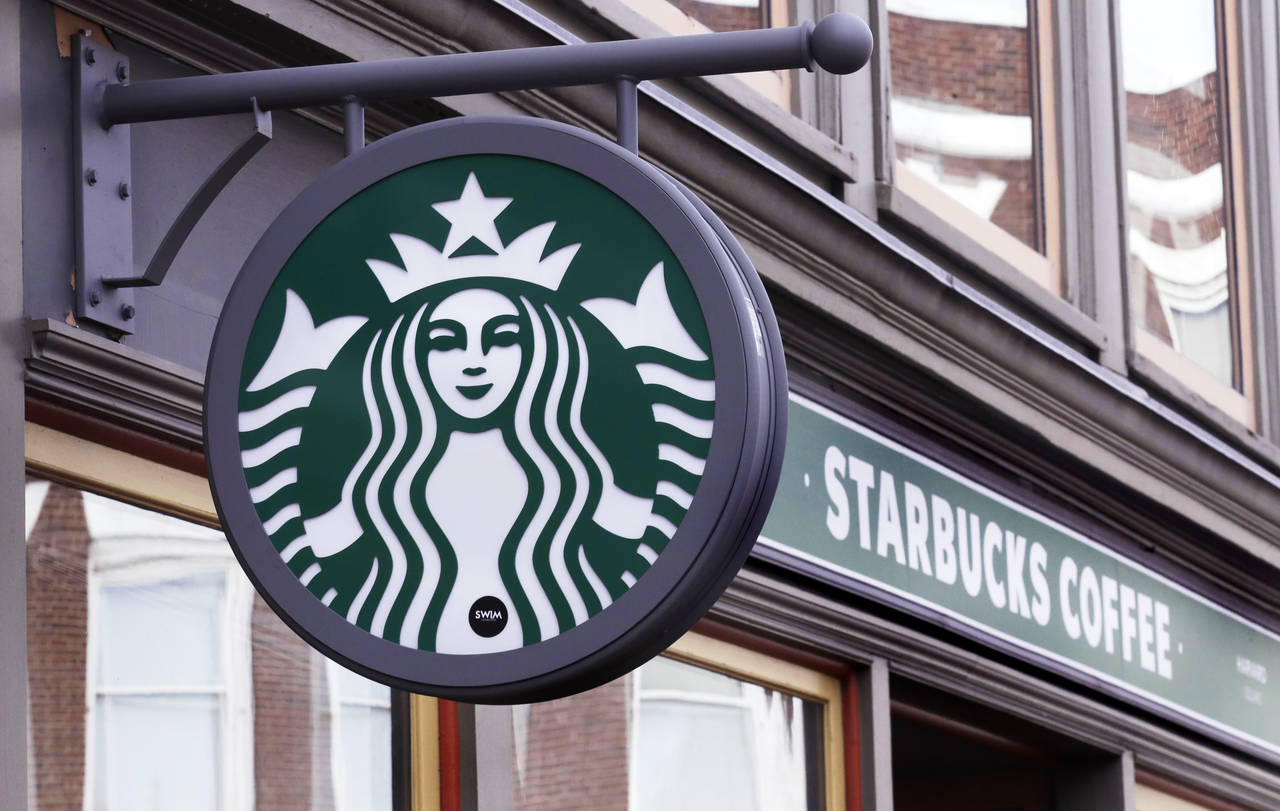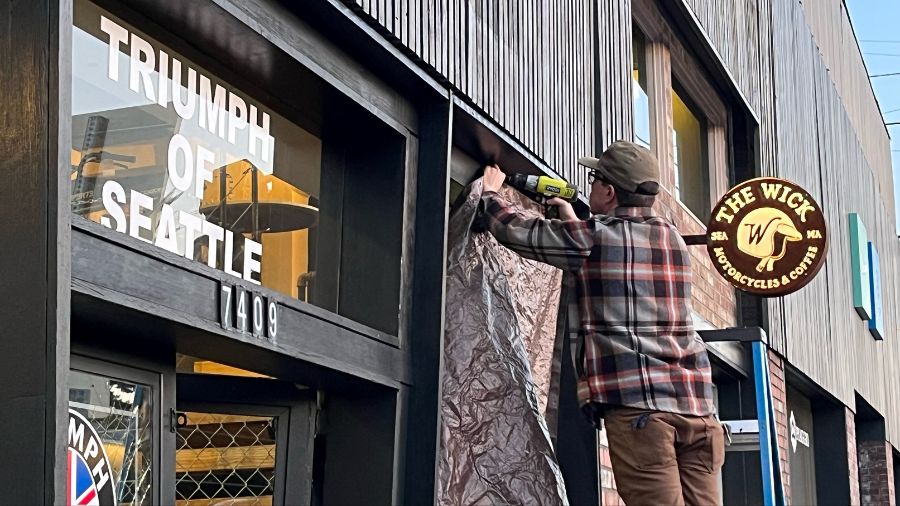Seattle to spend more than $100M in affordable housing investments
Dec 21, 2017, 1:02 PM | Updated: 3:11 pm

(AP)
(AP)
Seattle is slated to spend more than $100 million toward affordable housing.
Seattle Mayor Jenny Durkan announced this week that the city will put $100 million in investments to “build and preserve” 1,450 affordable homes across Seattle neighborhoods. This will include creating 896 homes within nine new buildings.
RELATED: Affordable housing projects expected at future light rail stations
“Too many long-time residents are getting locked out and pushed out of Seattle,” Durkan said. “We need to urgently increase the amount of affordable housing to stop the huge displacement of people and provide permanent housing for people experiencing homelessness. With this investment, our city is delivering on our commitment to create more affordable housing, including building 900 new homes and keeping 550 homes affordable for the next 50 years.”
The money comes from the first year of funding from the 2016 voter-approved Seattle Housing Levy. The effort is also using money from the sale of city properties and $29 million in bonds. The city will also spend money toward rental support.
All that adds up to Seattle spending $260 million in investments and awards for rental assistance.
More housing investments
In addition to the 896 apartments in nine buildings, the funds will also support two affordable home-ownership sites with 26 homes and the preservation of four buildings with 535 apartments.
Some funds will also be put toward transit-oriented development at the Roosevelt light rail station currently under construction. That project will produce 245 units on a 54,000-square-foot lot. Construction will begin in 2020. The apartments are expected to come online in 2021. It is also part of a larger plan to provide homes near transit stops in Capitol Hill and First Hill.
“Today’s exciting announcement builds on a 36-year commitment to investing in affordable homes in our city,” said Steve Walker, director of Seattle’s Office of Housing. “Funding different housing approaches to meet the diverse needs of low-income community members enables working people, families, and those experiencing homelessness to live in and contribute to our city. These are durable investments, offering stability and opportunity not only now, but for at least 50 years into the future.”













